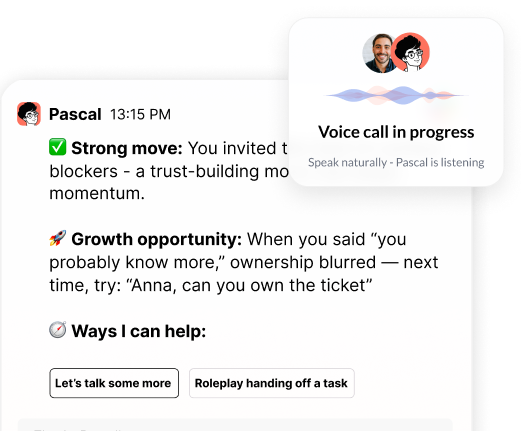A new term is creeping into the workplace lexicon: workslop. Coined by researchers from Stanford and BetterUp Labs in a recent research, it describes AI-generated content that looks polished but lacks substance, and usually creates more work for others.
AI-Generated “Workslop”
Chances are, you’ve been on the receiving end. Imagine a colleague sends you a list of ideas generated by an LLM. They look fine at first glance, but the data may be inaccurate, or the style may be obviously AI-made. So you’re left with a few choices: ask someone else to clean it up, which shifts the burden, or fix it yourself, which burns your time. In every case, the sender has pushed the effort downstream. What looked efficient on their end has become costly for yours.
That cost is real. In a recent Stanford survey of more than 1,000 U.S. employees, 40% reported encountering workslop in the last month. On average, each instance consumed nearly two hours of rework, debugging, or correction. Based on salaries, that translates to about $186 per employee per month. Scale that to an organization of 10,000 people, and you’re looking at $9 million a year lost to wasted effort.
Workslop doesn’t just eat time. It erodes trust.
Half of employees say colleagues who send them AI-generated filler seem less creative, capable, and reliable. A third say they’re less likely to work with that person again. Over time, AI shortcuts corrode reputation and collaboration, the very things productivity depends on.
This contradiction is playing out at scale.
A recent MIT Media Lab study found that 95% of organizations see no measurable ROI on their AI investments, despite billions spent. The researchers believe one of the primary culprits is the proliferation of workslop.
Mandates from leadership make it worse. In some companies, employees are told to run every email, report, or reflection through AI before sending. Workers comply, but what comes out is often an unfiltered draft. As one researcher put it, AI should be treated like “an untrained intern that makes factual and stylistic errors.”
The advice: don’t pass it along unchecked, and don’t use it to create from scratch. Use it to polish work you’ve already thought through.
What to do about it
For managers, workslop is a signal of underperformance. When messy or low-value work goes unchecked, standards slip and rework piles up. Treat workslop like any performance issue: define what good looks like, give feedback as soon as you see slippage, and expect your team to own quality before it reaches you. Consistent clarity and quick feedback keep standards high and prevent bad habits from spreading.






.png)
.webp)

